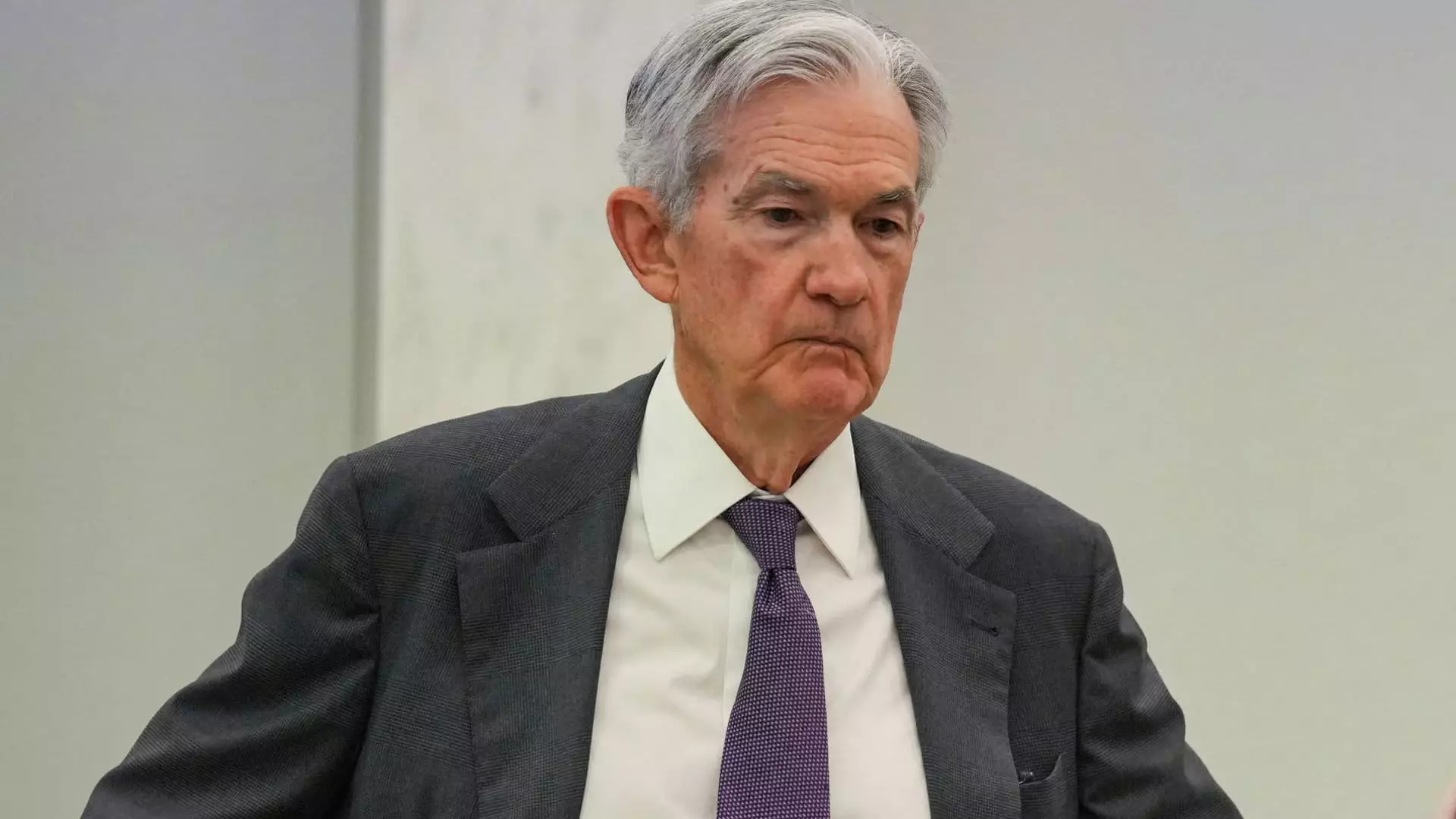For decades, the Federal Reserve has championed its independence as a bulwark against political interference—a shield meant to ensure stability and credibility. Yet, beneath this veneer lies a potent contradiction: the influence of unchecked political agendas, especially when driven by populist pressures and partisan ambitions. Recent statements from Treasury Secretary Scott Bessent, and the ongoing scrutiny of Fed leaders like Jerome Powell, expose the fragility of this purported independence. It is not an impartial institution immune to external pressures, but a politicized entity vulnerable to the whims of those who hold sway in Washington. The insistence that Powell stay in place—a figure caught between market expectations and political pushback—illustrates how the Fed’s autonomy is arguably more myth than reality.
The idea that monetary policy should be insulated from political influence is admirable in theory but questionable in practice. When officials such as President Donald Trump openly criticize the Fed and call for resignations or rate reductions, it erodes the very foundation of independence. Powell’s resistance and the Fed’s inclination to maintain status quo reflect internal tensions that are often masked by reassuring rhetoric. These conflicts reveal a system susceptible to short-term political goals, which undermines the long-term credibility necessary for truly effective monetary stewardship.
Oversight or Overreach? The Cost of Excessive Power
The debate surrounding the Fed’s operational transparency and oversight underscores a troubling truth: the institution has grown disproportionately powerful. Bessent’s critique of the Fed’s expanding scope and his call for an internal review are telling. Once, central banks focused narrowly on inflation control and stable employment. Today, they oversee sprawling projects like building renovations worth billions—a misallocation of resources that signals a disconnection from the broader economic realities.
This expansion reveals an oversight failure rooted in complacency and a lack of accountability. When the Fed is embroiled in costly projects and questionable spending, it questions whether the institution truly serves the public interest. Instead, it becomes entangled in a web of bureaucratic self-interest, incentivizing continued growth and complexity rather than efficiency. For proponents of center-right liberalism—who value prudent governance and fiscal responsibility—such unchecked expansion is troubling. It risks turning an ostensibly independent body into another arm of bloated government, wielding influence that outstrips its mandate.
The Limitations of Fed: Politicized Rates and the Illusory Autonomy
The ongoing tug-of-war over interest rate policies demonstrates how political pressures distort the central bank’s decisions. Trump’s demand for drastic rate cuts, coupled with market speculation about future moves, highlight how external influences threaten to compromise sound monetary policy. Powell’s cautious stance—waiting to assess tariffs’ inflationary impact—illustrates an uneasy tension between independence and external demands.
From a pragmatic standpoint, this raises questions about the purpose of monetary policy autonomy. Is it to foster economic stability, or merely to serve political narratives? In a true center-right perspective, the answer should lean toward the former. The Fed’s inability to decisively lower rates in the face of political expectations demonstrates a fragile balance weighted toward political considerations rather than rational economic management. This compromised independence may produce short-term appeasements but jeopardizes long-term credibility.
Reevaluating the Central Bank’s Role in a Divisive Political Climate
Ultimately, the ongoing conflicts and criticisms point to a deeper issue: the necessity for reform and strict oversight. The idea that the Fed can be an impartial, stand-alone institution is increasingly untenable. Instead, it requires reforms that cling to accountability without compromising independence—a delicate art. A more transparent and rigorous internal review, as suggested by Bessent, would serve as a check against unchecked growth and politicization.
Reforming the Fed isn’t just about fixing its policies or roping in excesses; it’s about reaffirming its true purpose. In a polarized political climate, central banks must not become pawns of momentary political interests. The long-term stability of the economy depends on restoring trust in these institutions—trust that they prioritize sound economic principles over fleeting political gains. While some may argue that central banks should operate as insulated entities, the reality is that their scope, influence, and spending require a level of accountability that cannot simply be wished into existence. It must be embedded into the very fabric of how these institutions operate and are overseen.
The future of the Fed hinges on its ability—or failure—to resist political pressures, maintain accountability, and stay true to its founding principles. As the debate rages on, one thing remains clear: an independent central bank that prioritizes political expediency over sound policy risks undermining the stability and integrity of the economy for generations to come.

